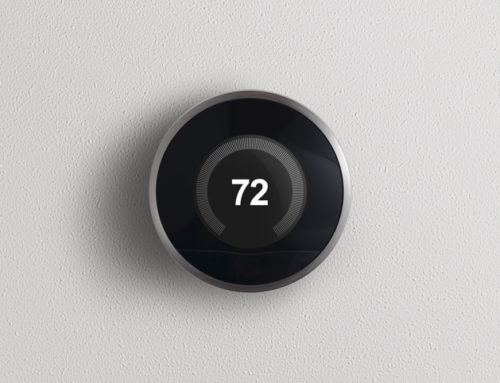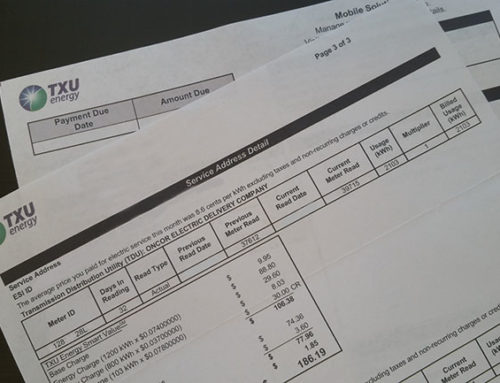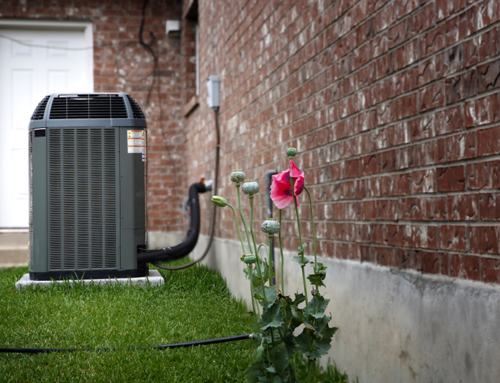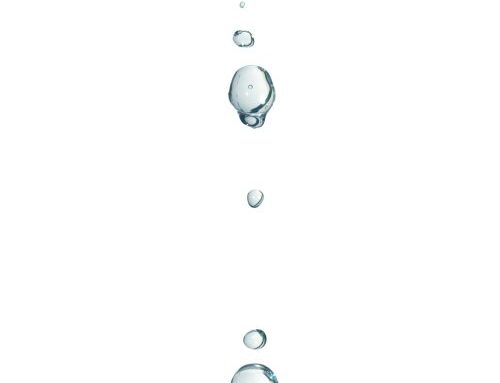Summer is the time for construction and building upgrades, so matters of commercial heating and cooling are an oft-considered issue by contractors right now. Designing an HVAC system to be as efficient as possible requires that you take a number of factors into account. Some things you’ll need to check include:
- Efficiency of the unit: The unit used in an HVAC system should be highly efficient by design. Newer units tend to use energy more efficiently than older ones, and selecting a high-efficiency unit can save you up to 40% on energy costs.
- Unit size: In addition to being efficiently constructed, the unit should be properly sized for the space it’s going to heat or cool. Too small, and it might not be powerful enough to sufficiently regulate temperatures. Too large, and it will cycle on and off too often, increasing wear on the unit and using extra energy.
- Building layout: The size of a building and the way individual rooms are laid out will affect how the ductwork is arranged. Smaller rooms will need less air, while larger ones will need much more.
- Insulation: Heat moves through walls, so during the winter, it will be lost from a building. In the summer, it will seep inside. Determining how fast it will do this depends on how well insulated walls, doors, and windows are. Poor insulation will increase the heating and cooling needs for the space.
- Heat sources: Computers, machinery, and even your personnel will generate heat, which is important to consider when designing air conditioning and heating systems.
Each building and industry is unique in its heating and cooling needs. For example, if you rely on lots of heavy machinery, you will likely need more cooling power and less heating capacity than an office space. Experienced HVAC technicians, such as those at Climate Tech Air Conditioning and Heating, can analyze the property where you operate and design a system to match.








